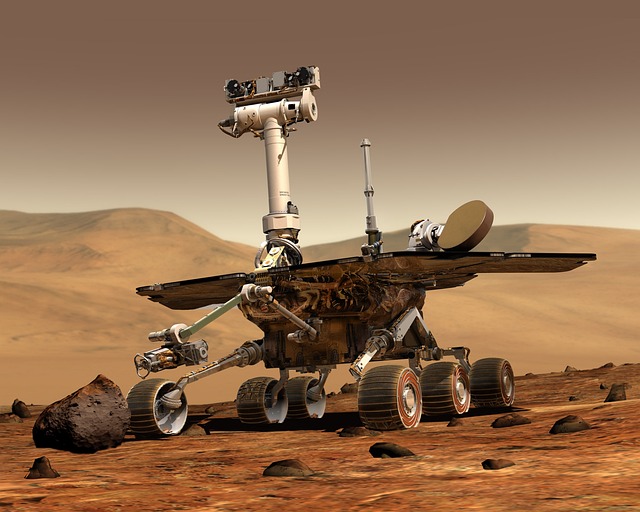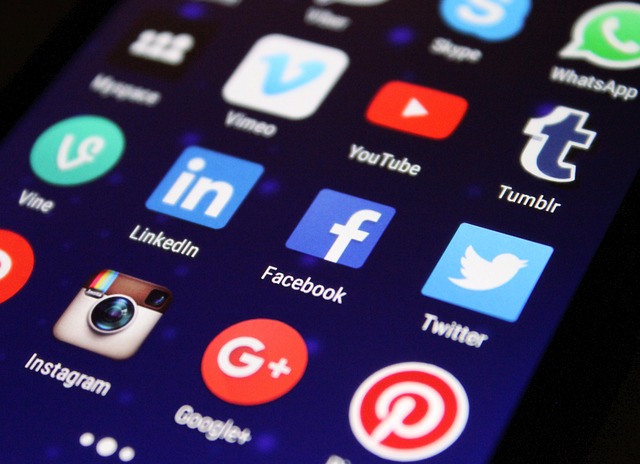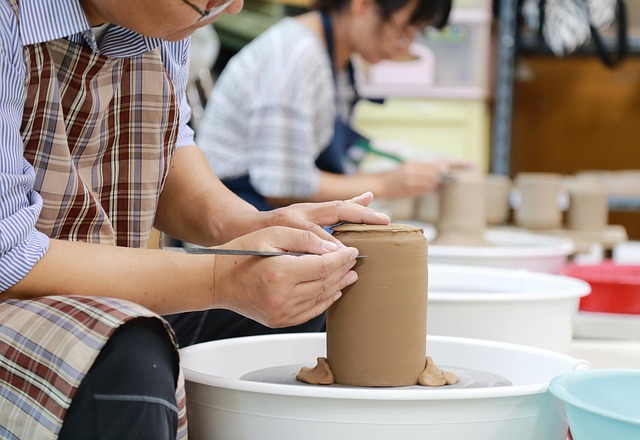Revolutionizing Healthcare with AI Integration
The healthcare sector is undergoing a formidable transformation, driven by technological advancements that seem like they were once confined to the realm of science fiction. Among these innovations, AI in medicine stands at the forefront, reshaping how we approach patient care and medical practices. The sense of empowerment and efficiency that accompanies this change is palpable, and it invites us to reflect on the implications for the future of medicine.
The Role of Robotics in Medicine
Robotics is an integral part of the shift toward a more efficient health care system. From surgical robots that enhance the precision of surgeries to robotic-assisted rehabilitation devices, the integration of robotics has been nothing short of revolutionary. This technology not only performs intricate procedures with greater accuracy but also alleviates the physical strain on surgeons. It’s a landmark collaboration between human skill and robotic precision, creating an environment where patients can experience faster recoveries and reduced risks.
Artificial Intelligence: The Brain Behind Innovative Solutions
Artificial intelligence is the beating heart of modern healthcare innovation. By leveraging vast datasets, AI algorithms analyze medical information faster and more accurately than ever before. For instance, AI can identify patterns that may escape even the most experienced clinicians, providing diagnostic insights that improve patient outcomes. Imagine a world where your doctor has access to an AI assistant that suggests the best treatment plans based on comprehensive, real-time data. This is not just a possibility; it’s becoming a reality.
Automatisation in Business: Bridging the Gap to Healthcare
The principles of automatisation that have transformed various industries are now being adapted in healthcare settings. Administrative tasks, such as scheduling, billing, and patient inquiries, can now be automated, allowing medical professionals to dedicate more time to patient care. This shift not only boosts efficiency but also enhances the overall patient experience, reducing wait times and improving satisfaction. The emotional burden of navigating healthcare processes is significantly mitigated, making the journey smoother for both patients and practitioners.
As we navigate through this exciting era of technological integration, the sense of hope that comes from AI in medicine is palpable. The collaborative force of robotics, artificial intelligence, and automation is paving the way for a future where healthcare is more personalized, efficient, and accessible to all. Embracing these changes invites a new wave of possibilities, where the focus remains on healing, empathy, and the human touch that defines the essence of medical care.




